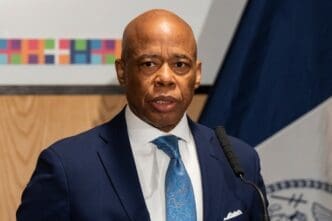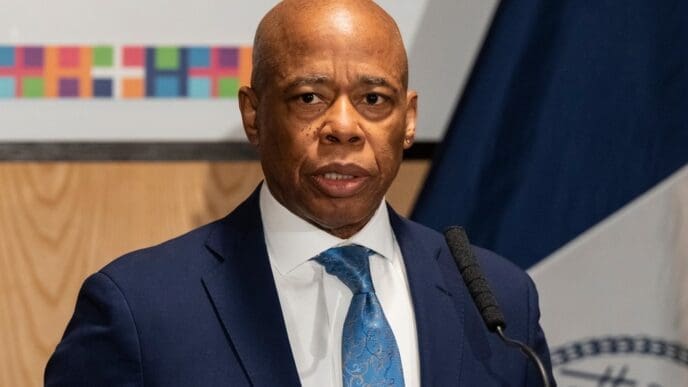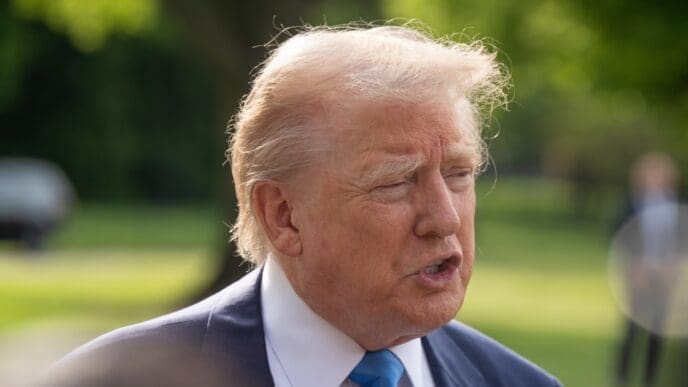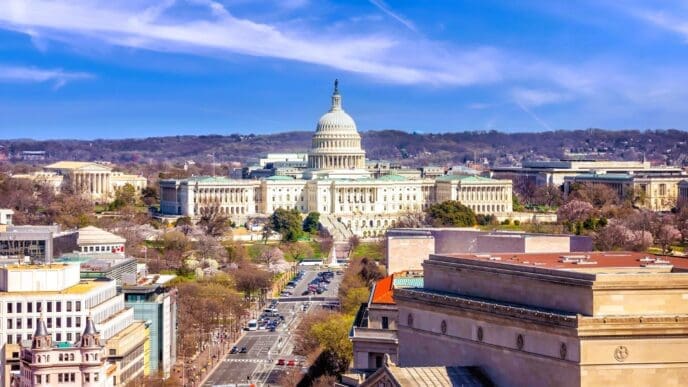Donald Trump’s choice to appoint Tulsi Gabbard as the head of US intelligence services is generating a heated debate among lawmakers.
The nomination of Tulsi Gabbard, a former Democratic congresswoman from Hawaii, to lead US intelligence services has raised significant concerns in Washington. Critics point to her ties with controversial figures and statements that align with Russian narratives, leading Democratic Sen. Tammy Duckworth to label her as potentially ‘compromised.’ Gabbard’s past visits to Syrian president Bashar al-Assad and her positions on various foreign policies have only intensified scrutiny.
Meanwhile, Republican Senator Markwayne Mullin countered Duckworth’s claims, describing them as ‘ridiculous’ and ‘outright dangerous.’ He argues that if Gabbard were truly compromised, she would not be commanding a Reserve unit in Oklahoma and Missouri. Mullin’s defense signifies the internal GOP divide over Trump’s nominations.
Gabbard’s potential role as director of national intelligence highlights Trump’s distrust towards intelligence agencies, which he believes worked against him during his first term. Her nomination is not just about her qualifications but is emblematic of Trump’s desire to challenge established norms and structures within the intelligence community.
Another nominee facing similar scrutiny is Pete Hegseth, Trump’s choice for Defense Department leadership. A past allegation of sexual assault, which he denies, has made his confirmation uncertain. His case echoes the challenges faced by Matt Gaetz, whose nomination as attorney general was withdrawn due to allegations of misconduct.
The political implications of these nominations are vast. While some Republicans may resist Trump’s choices, others feel indebted after Gaetz’s withdrawal. Trump’s new attorney general pick, Pam Bondi, appears to have smoother prospects. However, her past statements suggest a continuation of Trump’s retributive stance against those who have investigated him.
The president-elect’s commitment to reshaping the government is evident in his other appointments, such as Russell Vought for the Office of Management and Budget. Vought’s past work involved plans that aimed to radically reduce government bureaucracy, aligning with Trump’s broader strategy to overhaul federal structures. This determination to reform is further demonstrated by his economic nominations, who are expected to navigate market anxieties over potential trade policies.
Internationally, Trump’s approach to foreign policy, especially concerning the Ukraine conflict, is under the microscope. His promise to swiftly conclude the Ukraine war raises questions about potential concessions to Russia, stoking fears of geopolitical shifts that may favor Moscow.
As the confirmation battles loom, Republican senators, like James Lankford, have expressed their intent to thoroughly question Gabbard regarding her past interactions and comments. This scrutiny reflects the broader uncertainty about Trump’s choices and their implications for US governance.
Furthermore, the potential nomination of Kash Patel as FBI director, known for his support of Trump’s agenda, signals an inclination towards consolidating loyalty within key departments. Such moves could lead to significant shifts in US domestic and international policies, depending on the extent of the administration’s reach post-confirmation.
The forthcoming confirmation processes for Trump’s nominees, particularly Tulsi Gabbard, are poised to test the limits of his influence and the willingness of Republican allies to support contentious choices.
Source: CNN














